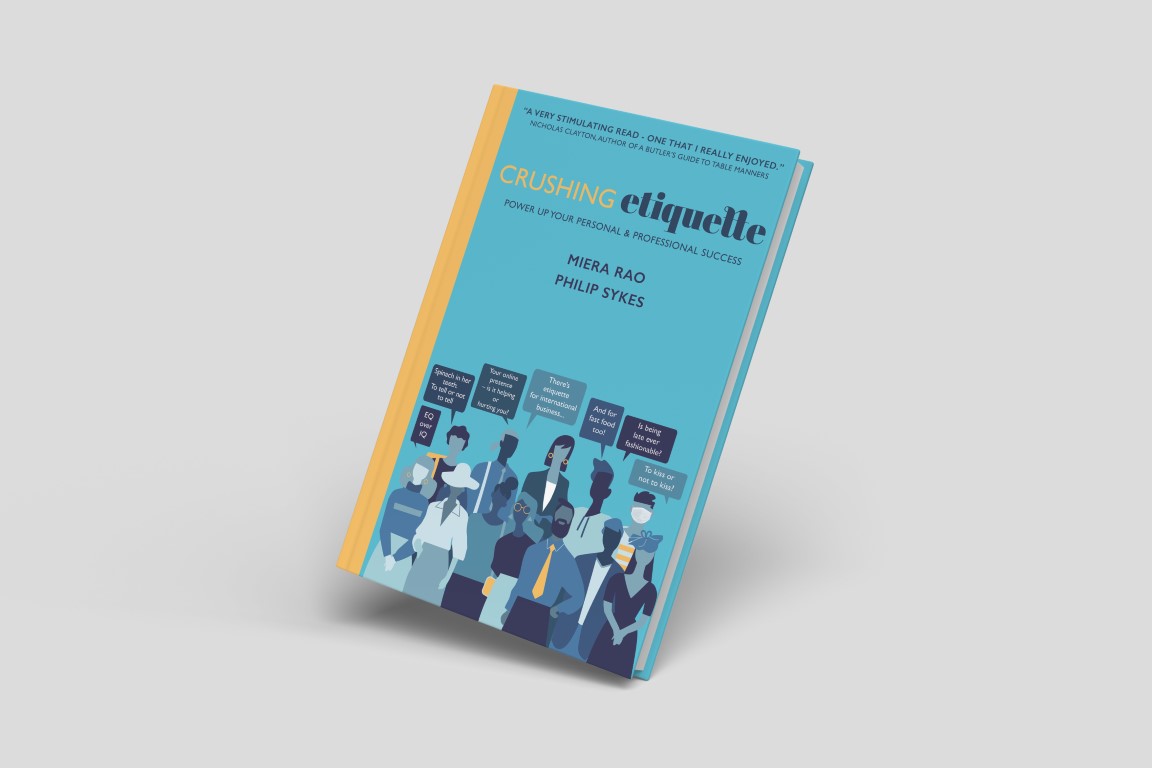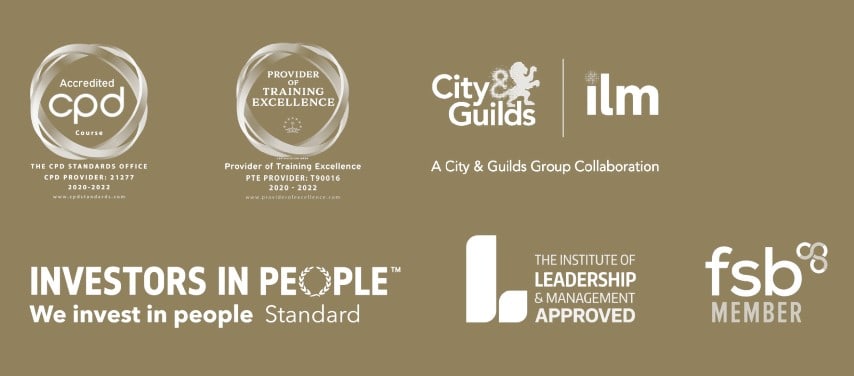How To Display Emotional Intelligence In The Workplace
Being able to understand what emotional intelligence is and why it’s important, especially when it applies to the workplace, is important for working harmoniously with others. This is because people are driven by emotions and rely on them to interact with one another and work as a team.
Learning emotional intelligence, therefore, gives you the ability to succeed not only in a professional space but in a personal space too.
The importance of using emotional intelligence in the workplace
When you learn to master the skill of emotional intelligence, the likelihood of succeeding at work is high. This is because high EQ allows you to seamlessly adjust to situations, making you better able to work in teams and more.
With that in mind, here are the main five pillars of emotional intelligence as described by Daniel Goleman below.
Self-awareness
Having self-awareness is imperative for understanding one’s strengths and weaknesses and how they affect others. Not to mention, helpful for receiving critical feedback.
Self-regulation
Proper self-regulation prevents uncontrolled emotional outbursts. It also allows you to express yourself openly, but tactfully.
Motivation
When you master emotional intelligence, you don’t need much external motivation to produce good work. You take pride in accomplishing things for the sake of personal fulfilment.
Empathy
The ability to put yourself in someone else’s shoes. To understand how the other person may be feeling and to see things from their perspective. When you show genuine empathy towards people, they are more likely to follow you as a leader.
People skills
This is perhaps one of the most fundamental skills one can have in their emotional intelligence arsenal. It’s important for making friends, gaining trust and building rapport with colleagues.
If you lack basic people skills, all the professional skills in the world, unfortunately, won’t be enough to succeed.
People with high emotional intelligence make both ideal employees and colleagues.
But be warned, simply possessing emotional intelligence is not enough. It needs to be implemented on a day-to-day basis if you aim to improve relationships and performance.
How to be more emotionally intelligent
All people possess a certain level of emotional intelligence. Some more than others, but that’s nothing to worry about because emotional intelligence is not fixed. It can be changed with training and practice.
The advantages of emotional intelligence at work
The reality is that people can’t just turn their emotions off when they arrive at work, nor should they.
The key then, for leaders in business, is to approach each situation using emotional intelligence, rather than relying on preconceived notions about what a boss should do.
Shouting and terrorising employees into working harder might work to achieve short-term results, but the long-term effects of this behaviour will most certainly be disastrous.
That’s not to say that employees need their boss to be their best friend. But they do need to at least be spoken to with a certain level of respect in order to maintain a dignified and professional working relationship.
Leaders who rely on emotional intelligence to engage with their employees, in most cases, manage to improve relationships, and as a result, employees display more loyalty and perform better.
Using emotional intelligence also leads to improved mental and physical health from both sides.
Just remember that emotional intelligence shouldn’t be the be-all and end-all when it comes to hiring an employee.
When looking for a candidate, a number of factors should be considered besides emotional intelligence, such as skill and work ethic.
Watch our webinar “Emotional Intelligence and Etiquette: A Winning Combination”
Encourage a culture that teaches and embraces emotional intelligence
Emotional intelligence takes practice. Organisations should therefore strive to create a culture that encourages both employees and managers to practice emotional intelligence as much as possible.
A step in the right direction would be to show your employees that your organisation actually cares.
When you care about the individual, the whole organisation benefits.
Once trust and support are gained from your employees, be careful not to return to your old ways of giving commands and barking orders after you have successfully managed to appeal to your employee’s emotions. If you do, this could come across as manipulation, instead of caring.
Increase your emotional intelligence over time
Once everyone in your workforce has successfully grasped the basics of emotional intelligence, it’s wise to concentrate on improving and increasing it.
You can do this by focusing on empathic communication and providing open feedback.
Some goals you and your employees can work towards, for example, include:
- Identify everyone’s emotional triggers and discuss them.
- Get to know your colleagues personally by going to lunch with them every once in a while.
- Show that you are approachable by asking a team member to provide feedback on a project that you’ve been working on.
- Avoid complaining for one week.
Conclusion
Much of the above advice is intuitive. But like all things, mastering emotional intelligence takes work. It’s hard to grow emotionally, so we tend to avoid it. The key is to not lose heart! The more you practice, the easier it becomes and everyone benefits from it, eventually.
References and citations
Sources:










